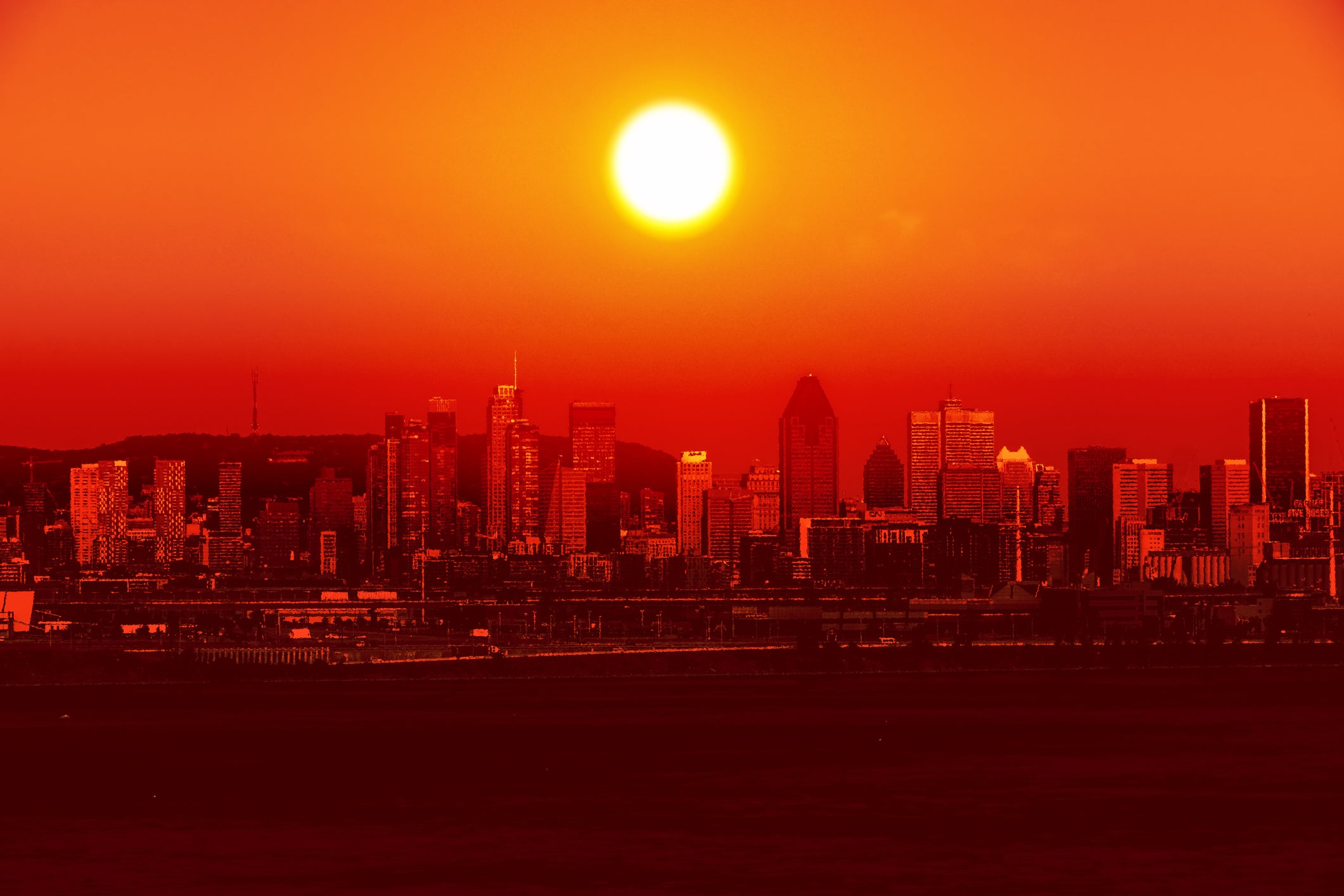Global warming, an undeniable consequence of human activities, is not merely a distant threat confined to specific regions—it is a pervasive force, impacting lives across continents. From rising temperatures to extreme weather events, the repercussions of worsening warming are felt by people in every corner of the globe. In this exploration, we unravel the far-reaching effects, underscoring the urgent need for collective action to address this planetary challenge.
Rising Temperatures: A Universal Menace
Global warming, driven primarily by the increase in greenhouse gas emissions, is causing temperatures to soar worldwide. Explore how this rise affects communities, ecosystems, and daily life, presenting unprecedented challenges for adaptation.
Heatwaves: Escalating Health Risks
As temperatures reach record highs, heatwaves become more frequent and intense. Uncover the health risks associated with prolonged exposure to extreme heat and the vulnerable populations disproportionately affected.
Extreme Weather Events: Nature's Fury Unleashed
The fingerprint of global warming is evident in the intensification of extreme weather events. From hurricanes to droughts, delve into the ways in which changing climate patterns amplify the destructive power of nature.
Impact on Agriculture: Food Security Under Threat
Changing weather patterns disrupt agricultural cycles, leading to crop failures and food shortages. Investigate how farmers around the world are grappling with unpredictable growing conditions and the implications for global food security.
Rising Sea Levels: Threatening Coastal Communities
Melting glaciers and polar ice contribute to the rise in sea levels, posing an imminent threat to coastal communities. Explore the consequences for densely populated coastal areas and the efforts underway to adapt to the encroaching waters.
Biodiversity Loss: Ecosystems in Peril
Global warming exacerbates the loss of biodiversity as species struggle to adapt to rapidly changing environments. Examine the cascading effects on ecosystems, from coral reefs to rainforests, and the potential consequences for the delicate balance of nature.
Displacement and Migration: Climate Refugees Emergent
As the impacts of global warming intensify, communities find themselves forced to migrate due to environmental degradation and loss of habitable conditions. Unearth the challenges faced by climate refugees and the global implications of mass displacement.
Social Injustice Amplified
The burden of global warming is not distributed equally. Vulnerable communities, often with the least contribution to carbon emissions, bear the brunt of climate change. Explore the intersectionality of social justice issues and climate impacts, emphasizing the need for equitable solutions.
International Cooperation: The Imperative for Change
Addressing the challenges posed by worsening global warming requires unprecedented global cooperation. Examine international efforts to curb emissions, transition to sustainable practices, and build resilience against the inevitable changes already set in motion.
Renewable Energy: A Beacon of Hope
Transitioning to renewable energy sources stands as a pivotal solution in mitigating global warming. Explore how advancements in renewable technologies offer a pathway to a sustainable future and avert the worst consequences of climate change.
Conclusion: A Call to Action
As global warming tightens its grip on the planet, it's clear that urgent action is not only necessary but imperative. From individual lifestyle choices to international policies, each decision shapes the trajectory of our shared future. In the face of this unprecedented challenge, the time for collective action is now.
FAQs (Frequently Asked Questions)
-
How is global warming linked to rising sea levels?
- Global warming contributes to rising sea levels through the melting of glaciers and polar ice. As temperatures increase, ice sheets and glaciers melt, adding water to the oceans and causing sea levels to rise.
-
What are some examples of extreme weather events exacerbated by global warming?
- Examples of extreme weather events exacerbated by global warming include more intense hurricanes, prolonged droughts, heatwaves, and heavy rainfall leading to increased flooding.
-
How does global warming impact biodiversity?
- Global warming contributes to biodiversity loss by disrupting ecosystems and habitats. Species may struggle to adapt to rapidly changing temperatures and environmental conditions, leading to a decline in biodiversity.
-
What is the role of social justice in the context of global warming?
- Social justice is a critical aspect of the climate crisis, as vulnerable communities, often marginalized and with lower contributions to carbon emissions, bear the disproportionate impacts of global warming. Climate change exacerbates existing social inequalities.
-
What can individuals do to contribute to the fight against global warming?
- Individuals can contribute by adopting sustainable practices, reducing carbon footprints, supporting renewable energy, and advocating for policies that address climate change. Collective actions, even on an individual level, play a crucial role in the broader effort to combat global warming.

